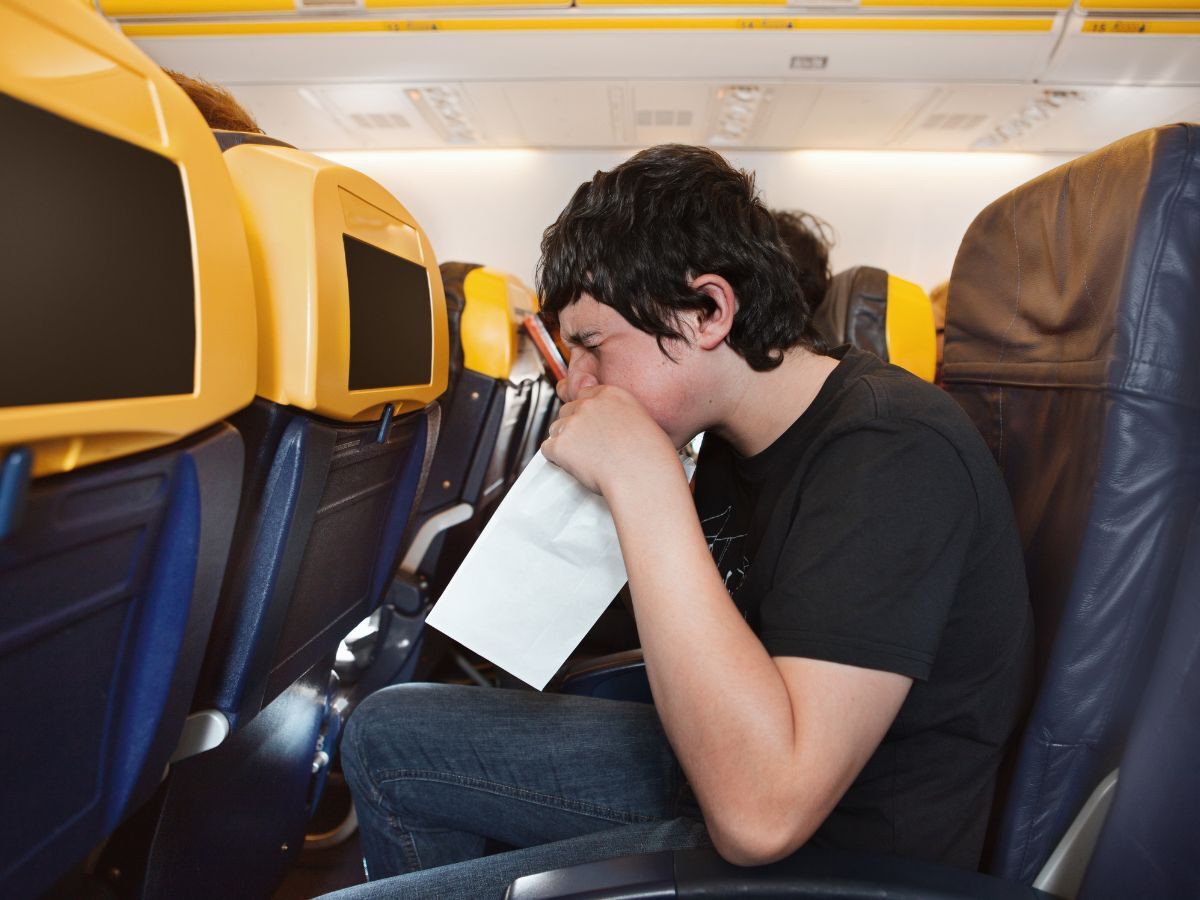How to Avoid Motion Sickness on Long Coach Journeys


Motion sickness can turn an exciting travel adventure into an uncomfortable ordeal. For many travellers, long coach journeys often trigger nausea, dizziness, or general discomfort aptly known as motion sickness. While it affects people to varying degrees, the feelings can make even the simplest trip quite unpleasant. The good news? You can take several steps to minimise and even prevent motion sickness on your next coach ride.
This guide will take you through practical tips, preventative measures, and remedies to make your long coach journeys enjoyable. By the end, you’ll be better equipped to tackle motion sickness and rediscover the joys of stress-free travel.

Before tackling how to avoid motion sickness, it’s important to understand what it is and why it happens. Motion sickness occurs when there's a disconnect between the signals your body receives from your inner ear, eyes, and other sensory receptors. When you're on a moving coach, your body senses the motion through your inner ear, but your eyes may not see the movement, especially if you're focused on a fixed point like a book or a screen. This sensory conflict often results in symptoms such as:
Though it can be triggered by any form of travel, long coach journeys are particularly notorious due to their prolonged periods of motion.
Motion sickness doesn’t have to ruin your travel plans! Preparing ahead of time can help you sail through your trip with ease. Here’s how to stay comfortable and nausea-free:
Where you sit on a coach plays a huge role in preventing motion sickness. Your best bet is to select a seat near the front or over the wheels, as these areas experience less motion. Facing forward and sitting close to a window can also help your brain process the movement more effectively. Avoid sitting at the back of the coach, where the motion is often the most pronounced.
Your visual focus matters. Instead of reading, scrolling on your mobile, or focusing on nearby objects, try looking at a fixed point outside the coach, such as the horizon. This stabilises your visual input and helps align your brain’s interpretation of motion with what your body feels.
Eating a heavy, greasy, or overly spicy meal before a trip can exacerbate motion sickness symptoms. Stick to light, bland foods like toast, crackers, or bananas before your coach journey. An empty stomach isn’t ideal either, so aim for balance.
Ginger has been used for centuries as a natural remedy for nausea and stomach discomfort. You can consume ginger in various forms, including ginger tea, ginger candy, or ginger capsules, to help combat motion sickness symptoms.
Dehydration can worsen dizziness and nausea, so be sure to stay hydrated throughout your trip. Bring a reusable water bottle and sip water frequently. Avoid caffeinated or carbonated beverages, as they may irritate your stomach.

Even with the best preparation, motion sickness may sneak up on you mid-trip. If that happens, don’t worry. There are effective remedies and strategies you can use on the go.
Acupressure bands can be life-changing for individuals prone to motion sickness. These wristbands apply gentle pressure to the P6 (Neiguan) point, which is believed to reduce nausea. Available in most pharmacies, they're a drug-free option worth trying.
Surprisingly, chewing gum can help alleviate nausea for some people. The act of chewing stimulates saliva production, which can neutralise stomach acids and stabilise your stomach.
Sometimes, a simple solution like fresh air can work wonders. Open a window or take breaks during stops to step outside and breathe deeply. This helps reduce any queasiness caused by confined spaces.
If you're prone to severe motion sickness, natural remedies and adjustments may not be enough. Thankfully, there are a variety of medical solutions available:
Over-the-counter antihistamines like dramamine or cetirizine can be highly effective at preventing and managing motion sickness. They work by reducing the activity of the inner ear, thereby minimising sensory conflicts.
For longer journeys, consider scopolamine patches (sold under the brand name Transderm Scop). These small adhesive patches are placed behind your ear and release medication steadily over time to reduce nausea.
If motion sickness severely impacts your life, consult a doctor. They may prescribe stronger medications or recommend desensitisation therapy to help your body adjust to motion over time.
If motion sickness is a recurring issue, there are steps you can take to build up your resistance over time:

While prevention is key, there are certain behaviours and choices you'll want to avoid to prevent aggravating motion sickness:
Motion sickness can feel tough, but it doesn’t have to ruin your trip. By picking the right seat, drinking enough water, and using remedies like ginger or acupressure bands, you can feel a lot better. If the sickness still bothers you, medicines from the store or a doctor can really help.
Long coach rides are meant to be fun and relaxing, not something to worry about. With these tips, you're ready for your next adventure!

If you’re planning a trip across the Midlands, 13 Travel is here to help with luxury coach and minibus hire services in Coventry. Whether you're going on a long ride or just a short one, our comfortable and dependable vehicles are ready to take you anywhere in the UK.